Environmental Engineering Reference
In-Depth Information
very closely linked to lifestyles and consumer behaviour. Many of the policy approaches being
considered, and implemented, are having little impact against the strategic targets being set
at the city level. This conflict is often hidden in the initial definition of the problem, in the
issues discussed and those that remain undiscussed. A particular framing of the debate makes
certain elements seem 'fixed' and inappropriate, others are viewed as 'problematic', and some
much easier to discuss and 'deliver'. In transport, policy measures such as road pricing,
reducing space for the private car, increasing densities in suburban areas, reducing the growth
in international air travel, carbon rationing, etc., are all seen as 'politically difficult' and usually
remain beyond the mainstream debate. These are seemingly 'technical' positions, but of course
conceal a normative stance, supported by the institutional arrangements (Hajer, 1995). A 'weak
state tradition', say in the United States, or perhaps increasingly in New Zealand or the UK,
means that policy tools are generally chosen from the least controversial part of the spectrum,
such as voluntary emission standards, labelling schemes or limited media campaigns on 'travel
awareness'. Regulation on businesses and individuals results in hostile responses and intense
lobbying and 'watering down' of original proposals. Increasing taxes, for example, is almost
viewed as 'legalised extortion' (Dunn and Perl, 2010). The contest between the suitability of
different policy approaches and measures, and wider issues such as development and
sustainability is often, however, an ideological one, rooted in fundamentally different value
systems and worldviews (Wheeler, 2012) - and this is where the intractability of the problems
remains. Progressive transport planning becomes almost impossible in practice - there is a
huge gap between the few examples of good practice and the widespread implementation on
the ground. The current emphasis on neo-liberal policy-making creates a reliance on the
individual as the agent of change (Giddens, 1991) but, of course, when the individual is largely
unaware of the problems of their current travel choices there is little likelihood of significant
changes being made in travel behaviours. As Foucault (1991, p. 100) advises: 'The population
[. . .] is the subject of needs, of aspirations, but it is also the object in the hands of the
government, aware,
vis-à-vis
the government, of what it wants, but ignorant of what is being
done to it'.
If society is to move beyond the hyperreality of car dependency - realising that the costs
of mass motorisation, on the environment, in the number of casualties in traffic accidents, and
also the impact on the city fabric, massively outweigh the benefits in individual mobility -
then many of these difficult governance and governmentality issues need to be tackled.
Transport and city planning becomes critical to the status of the human condition. How might
these changes come about? Like Plato's (2007)
Allegory of the Cave
, we have not noticed
that there may be better ways of developing transport systems and of travelling around our
cities. Wide-ranging debates on future travel possibilities should be possible in all cities and
jurisdictions. This will involve a better understanding of why people travel and the role of
transport in society. It will involve changes to our strategy development, our approaches to
modelling and project appraisal. The framing of the debate in transport can therefore be much
wider. Achieving sustainability in travel is not about marginal change; instead it requires very
different thinking - a huge change in mindset across a range of approaches in transport
planning - perhaps much more than we realise. This will involve a reshaping of the govern-
mental frameworks and mechanisms to better achieve sustainable mobility, and a greater
participation by the public in developing their own travel futures:
One-dimensional thought is systematically promoted by the makers of politics and their
purveyors of mass information. Their universe of discourse is populated by self-validating

